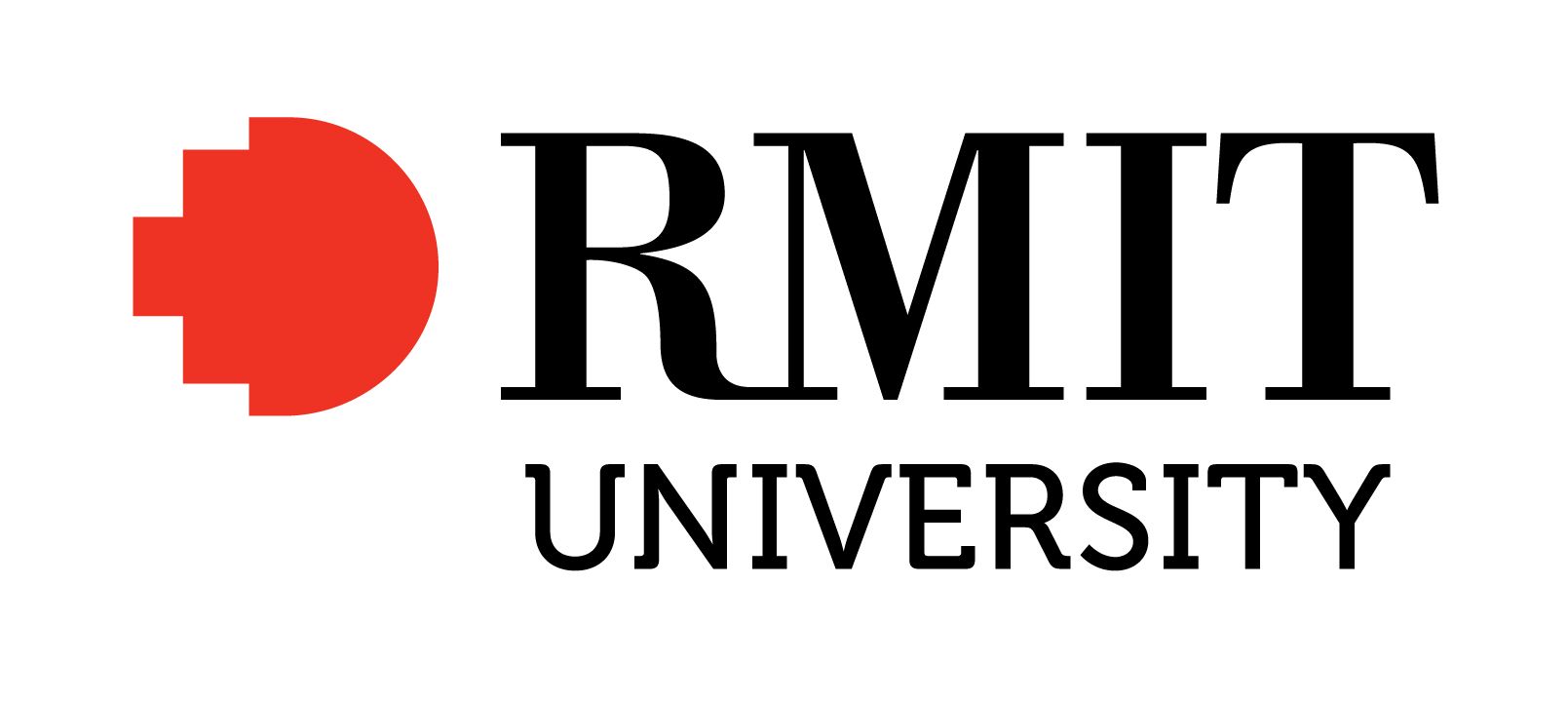Full description
Archive of brochures, correspondence, leaflets, photographs, press clippings, publications and other business records related to the firm of Aristoc Industries (1946-1968), Australian Controls, later known as Actrol (1968-1976) and the career of Ian Howard (1923-). Aristoc Industries was a Victorian company founded by Ian Howard (1923- ) in 1946. The firm became a pioneer of modern furniture design and tubular steel furniture. In the early days the company traded under the name O.H.C. Products Pty Ltd (Oyston, Howard and Charlesworth) and then in 1954 its name changed to Aristoc Industries. In 1948 Howard acquired a small business that made kindergarten furniture out of steel, and the following year, with the assistance of his new business partner engineer Bernard Meares, he began developing custom made equipment to manufacture steel furniture. In 1950 using the designs William Robert Oyston, a mechanical engineer, the factory began to manufacture tierstack multiple seating units for halls. The tierstack seating units were a commercial success, and the company then began to experiment with tubular steel dining chairs and tables, which also sold well. By 1955 the thriving business had moved from Port Melbourne to a 19 acre site in Glen Waverley and employed 33 people. In 1957 Grant Featherston (1922-1995) became Aristoc’s Design Director, and his association with Aristoc continued for thirteen years. Featherston’s first range for the firm was called the Mitzi, and it would go on to win an Industrial Design Council of Australia ‘Good Design Award’. Featherston designed other iconic chairs that were manufactured by Aristoc, such as the Talking Chair for the 1967 Montreal Expo (commissioned by Robin Boyd, as Curator and Exhibition Designer of the Pavillion) and the Stem Chair (1969). In 1963 Aristoc bought Featherston Interiors, which operated as a subsidiary of the firm until 1972. In 1962 Artistoc began to manufacture under licence the Robin Day design products (Hille UK Range), and in 1966 purchased 50% equity in Herman Miller (Australia) from Kerby Furniture. By this time the business had grown to incorporate showrooms in Adelaide, Brisbane, Melbourne and Sydney, and had a second factory in New South Wales. In 1968 Aristoc was bought by Australian Controls, which had purchased Fler Furniture in 1966. Howard became the Managing Director of the Group, which comprised 8 factories, showrooms and 700 employees. The furniture continued to be made by new operating companies, Aristoc Fleur Pty Ltd and Furniture Makers of Australia. Howard retired from Australian Controls (Actrol) in 1976. The collection is arranged chronologically. There are 8 boxes of materials. Box 1 contains an album with a history of Aristoc industries by Ian Howard, a timeline of memorable events, and an album of photographs and brochures documenting products and other memorabilia. Box 2 relates to Tierstack seating; Box 3 contains Aristoc annual reports, company history and other miscellaneous business records. Box 4 contains separate folders on Featherston Interiors, Expo 67 Montreal, and Herman Miller. A descriptive list is available.
Data time period: 1943 to 1983
User Contributed Tags
Login to tag this record with meaningful keywords to make it easier to discover
- Local : d0918f746fb69dbfe51312f89727c787


